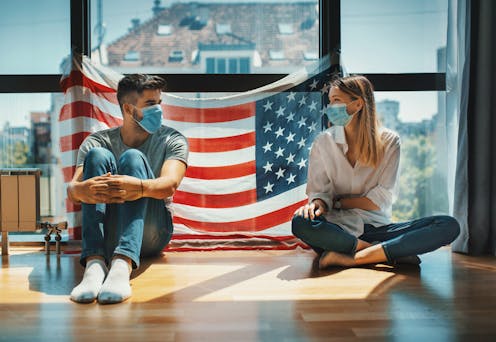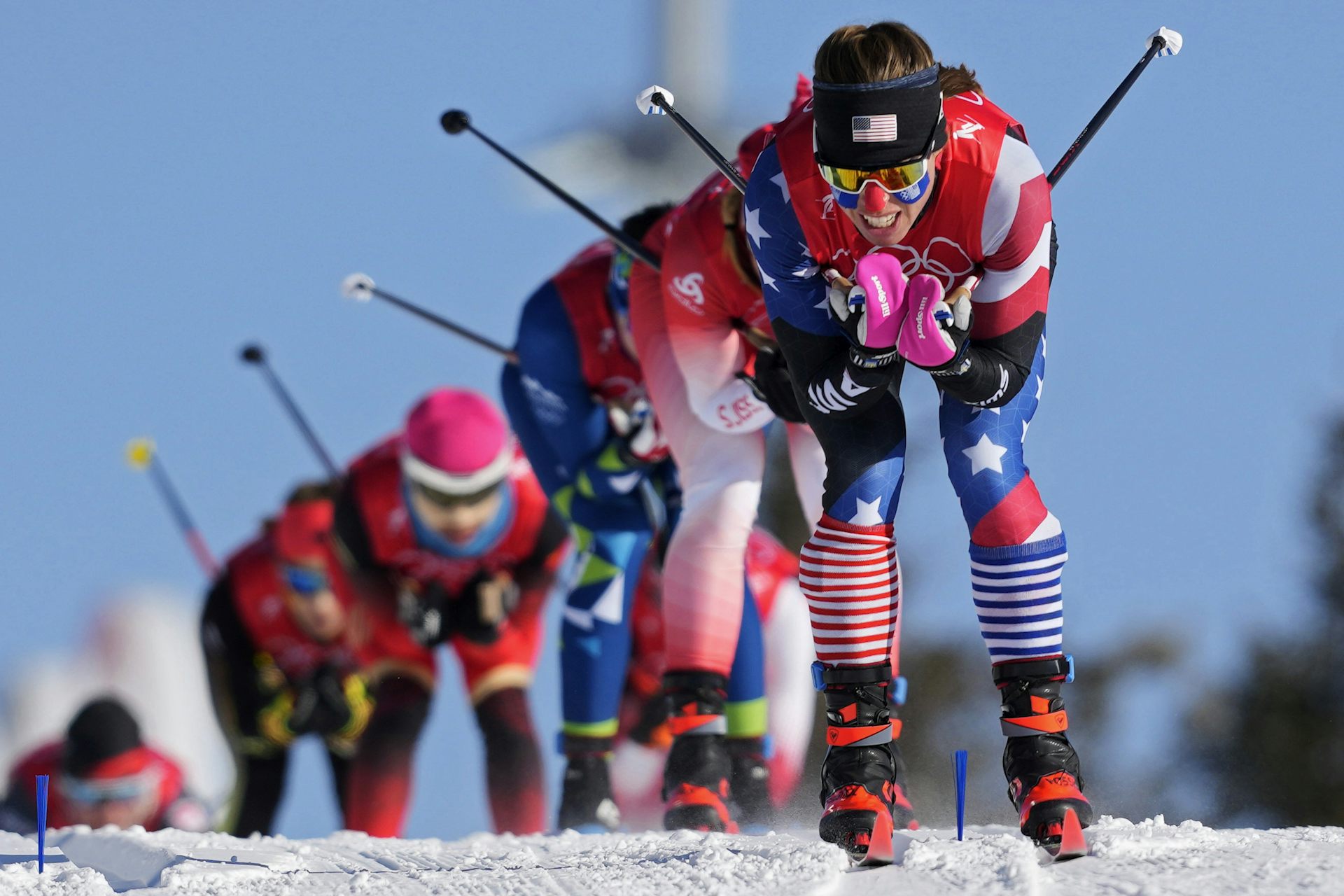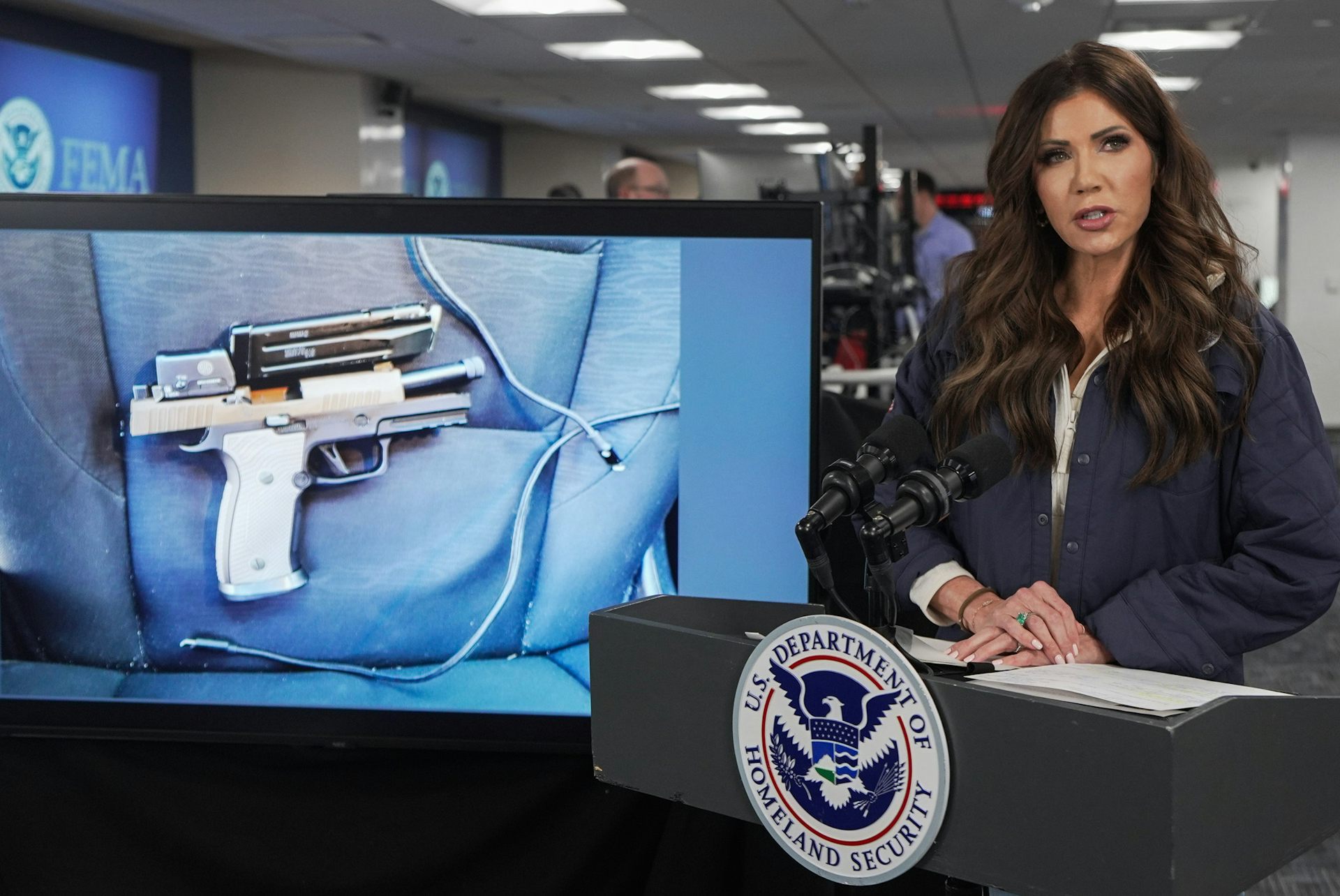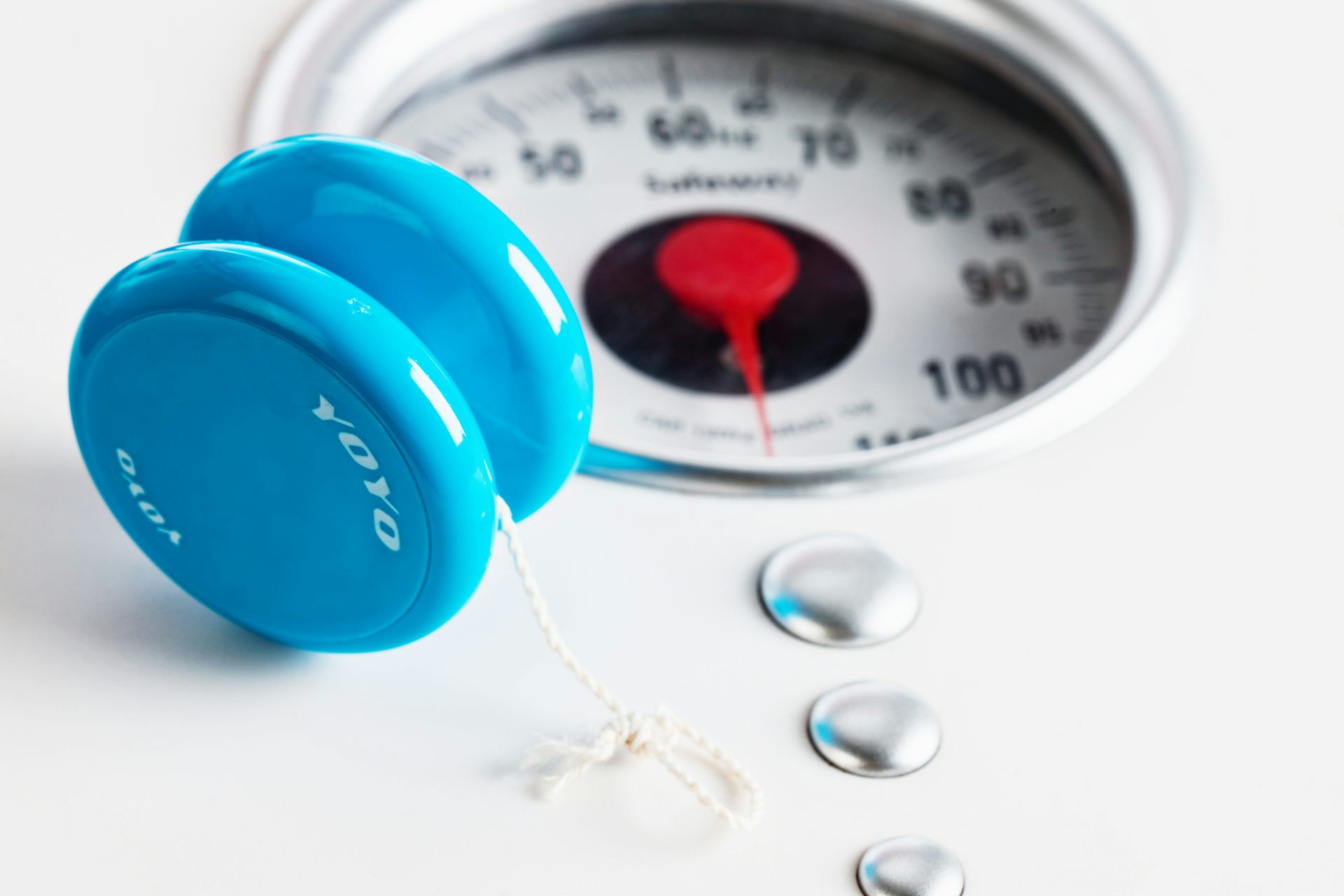Republicans wary of Republicans – how politics became a clue about infection risk during the pandemi
Reactions like disgust are part of the behavioral immune system that helps you avoid disease. Usually conservatives are more fearful of contamination – but something unusual happened during COVID-19.

Americans who felt most vulnerable during the early days of the COVID-19 pandemic perceived Republicans as infection risks, leading to greater disgust and avoidance of them – regardless of their own political party. Even Republicans who felt vulnerable became more wary of other Republicans. That’s one finding from research we recently published in the journal American Psychologist, and it has important implications for understanding a fundamental feature of human disease psychology.
Many Republican politicians and supporters, as compared to their Democratic counterparts, downplayed the threat of COVID-19 to public and personal health and resisted masking and social distancing. These attitudes and actions appear to have turned political affiliation into a new cue of possible infection risk.
This is an example of what scientists call the behavioral immune system at work.
Why it matters
Most people are familiar with the physiological immune system your body uses to fight disease by activating defenses, like fever and coughs, after you get infected.
In contrast, your behavioral immune system tries to help you avoid getting infected in the first place. It scans for observable cues correlated with infectious disease – such as other people’s coughs and open sores. Then it marshals feelings, such as disgust, and behaviors, such as distancing, that help you avoid people who might be contagious. These reactions likely occur without conscious awareness or deliberate intention.
Scientists have learned a great deal about this process, but some important questions remain. As psychology researchers, we were interested in how the behavioral immune system could adjust quickly to new cues about infectiousness and changing risks.
How we do our work
Starting in April 2020, shortly after the initial COVID-19 lockdowns started, our team tracked a nationally representative sample of over 1,100 Americans for around eight months. This was a time of great unpredictability, with no vaccine available.
Every eight weeks, we asked participants through an online survey about their motivation to avoid disease and their attitudes toward various groups, including Republicans and Democrats. As COVID-19 infection rates fluctuated over the eight months of our study, we could watch changes in the same person’s motivation over time and their evolving views of political partisans.
We found that Americans who were highly motivated to avoid disease and whose motivation increased as infection rates rose perceived Republicans as posing greater infection risks than Democrats. They also reported more feelings of disgust toward and avoidance of Republicans. These patterns were consistent across respondents’ political affiliations, even after controlling for people’s strong tendency to favor their own party and dislike the opposing one.
What other research is being done
An unexpected twist lends even more weight to these findings.
Previous research shows that political conservatives tend to be more vigilant about disease than political liberals. This vigilance is a way to protect themselves and their communities from external threats. Moreover, Americans have tended to favor conservatives in elections during disease outbreaks. So the partisan reaction to the COVID-19 pandemic unfolded in a way contrary to what we expected.
The fact that our respondents used Republican affiliation as a sign of potential infection risk, despite the typical conservative tendencies, reveals how flexible the behavioral immune system can be. It was able to learn and use a new cue of perceived infection risk – in this case, political affiliation – in response to a quickly changing environment. We also saw that the behavioral immune system can adapt to real-world changes in infection risk over time.
The Research Brief is a short take on interesting academic work.
Steven Neuberg received funding from the U.S. National Science Foundation to support the research reported in this article.
Ahra Ko does not work for, consult, own shares in or receive funding from any company or organization that would benefit from this article, and has disclosed no relevant affiliations beyond their academic appointment.
Read These Next
What Olympic athletes see that viewers don’t: Machine-made snow makes ski racing faster and riskier
US Olympic skiers and scientists explain the sharp differences between natural snow and machine-made…
A terrorism label that comes before the facts can turn ‘domestic terrorism’ into a useless designati
A ‘domestic terrorism’ label that comes before the facts teaches the public to treat the term as…
AI-generated text is overwhelming institutions – setting off a no-win ‘arms race’ with AI detectors
People are using generative AI to flood courts with filings, legislatures with constituent letters and…






